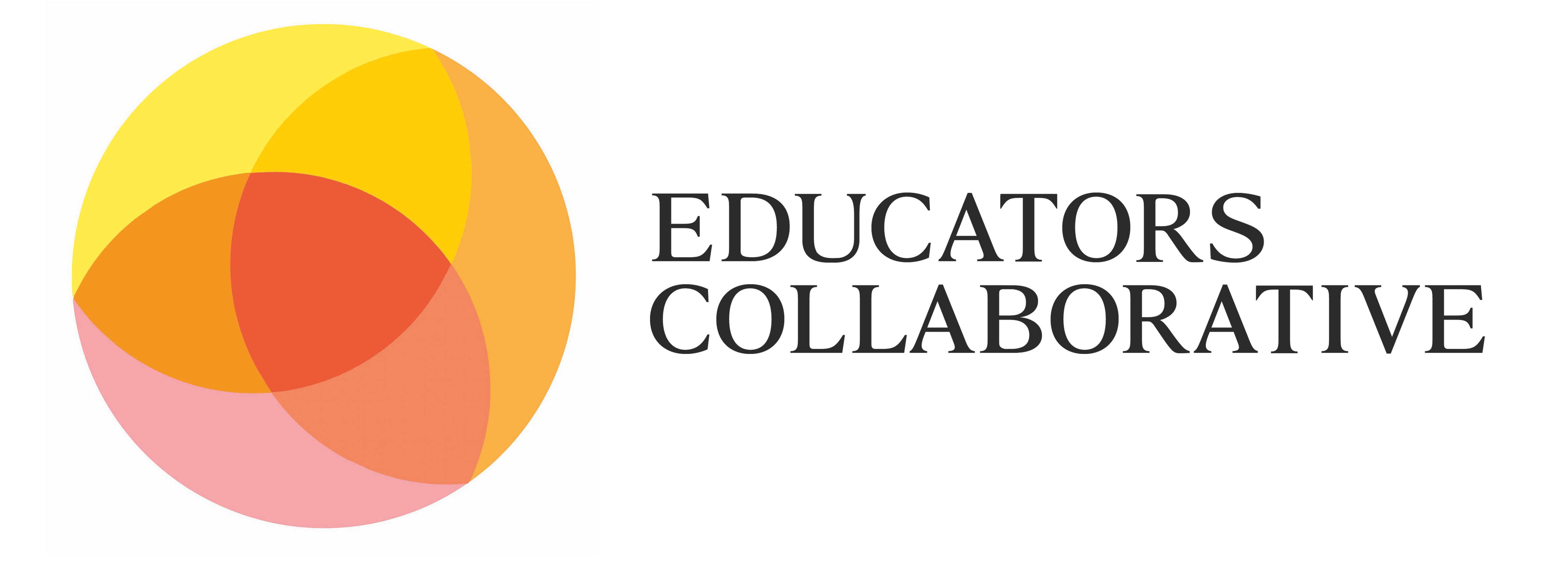
Courageous Conversations
Tracy Bennett | November 10, 2024

“These are hard conversations.” This has been a somewhat constant refrain over the past few weeks in my conversations with school leaders—heads and trustees—as the school year marches on and we grapple with the aftermath of a divisive election. They are tackling issues such as: How do we provide compensation that reflects the value of our faculty’s work and acknowledges their varying needs, efforts, and capacities? How do we foster a learning environment and community where all have the experience of feeling seen, safe, and celebrated? How do we innovate our pedagogical approach in ways that meet today’s students and the world they live in while remaining true to our mission?
Hard conversations. Tough conversations. Fierce, courageous, <choose your adjective> — why are these exchanges so challenging? I’ll offer that it is in large part because unlike choosing what to have for dinner or which movie to watch, these discussions touch on core aspects of who we are, including financial status; spiritual beliefs; racial, ethnic, and sexual identities; and more. Hard conversations go well beneath the surface to expose our needs, fears, hopes, and dreams. I believe these discussions are so difficult because of our shared desire to feel understood, to not hurt others, and to resolve conflict — and even better, to find shared agreement.
As a school leader and now as a consultant, I’ve come to acknowledge that finding agreement may not always be possible. I will experience feeling misunderstood and judged. I will unintentionally hurt and do harm to others. And there will be times when there simply is no common ground and I must live with that discomfort. However, I can strive to bring my best self to every conversation, which hopefully encompasses capacities for deep empathy, heartfelt compassion, rigorous self-reflection, and accountability for my words and actions.
I once read that while no one conversation is guaranteed to change the trajectory of a business, career, marriage, or life, any single conversation can. As poet David Whyte reminds us, we are not talking about relationships— the conversation is the relationship. How we show up for every conversation, easy or hard, makes all the difference. With that comes the opportunity to be more deeply known, understood, and changed.
As school leaders move through the coming months and what we know will be challenging times, I hope they can engage in those tough discussions — faculty, staff, parents, students, and in the greater community. While they occasionally may leave us feeling hurt, misunderstood, or uncomfortable, they can also bring us into deeper relationship with one another. Embrace the ever-present possibility that this one conversation could be the one that moves you and your community forward in your understanding of, and compassion for, one another.
Interested in learning more about how we can help?

EXPERTS IN SEARCH, TRANSITION & STRATEGY
